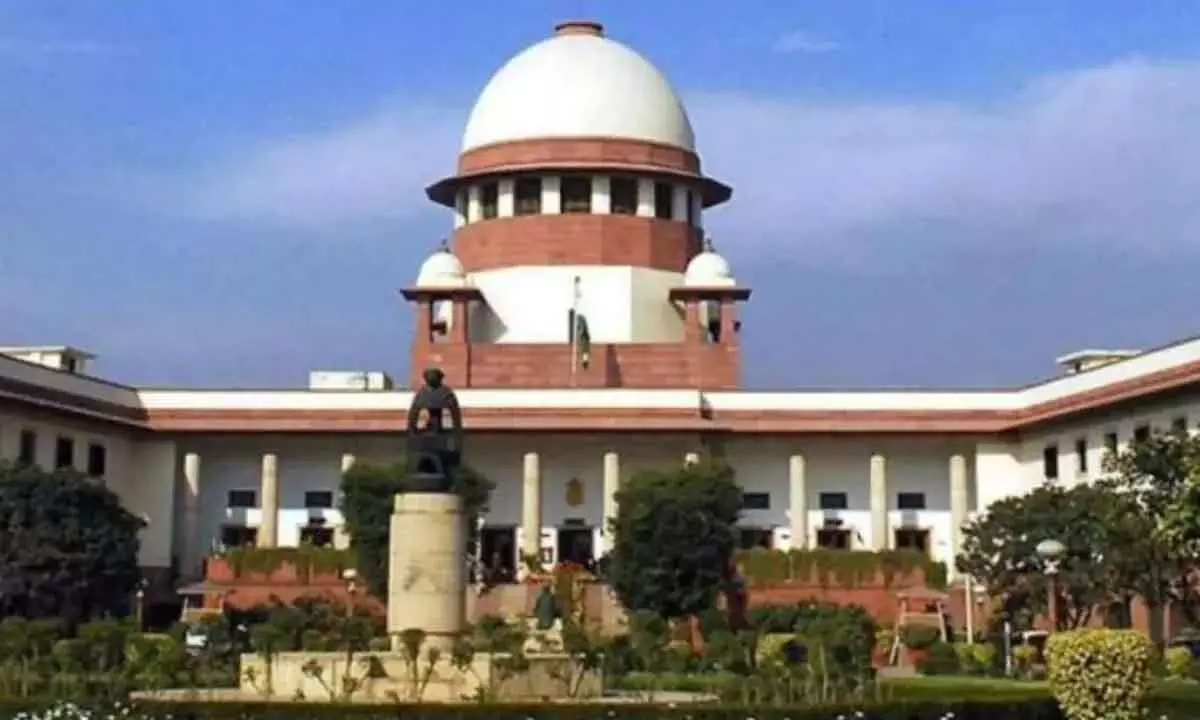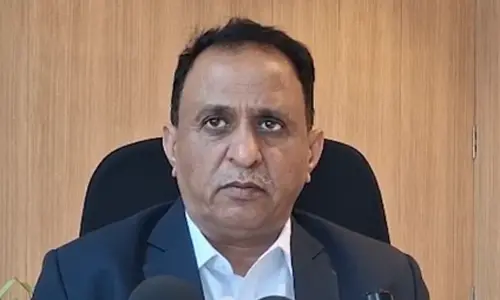Supreme Court upholds ED's powers under PMLA

Says no need for ED to disclose grounds of arrest
New Delhi: The Supreme Court on Wednesday upheld the Enforcement Directorate's power to arrest and attach property under the Prevention of Money Laundering Act (PMLA), upholding that the "law is not arbitrary".
The court upheld the PMLA's conditions stipulating that a public prosecutor can oppose the bail application of an accused and bail can be granted to an accused only if there are reasonable grounds to believe that the person would not commit an offense when out. Amendments to the PMLA being passed as a money bill will be examined by a seven-judge bench, the court said. A petition had challenged amendments made in the PMLA, saying that such changes were part of an ordinary bill and not the money.
A money bill is a piece of legislation that can be introduced only in the Lok Sabha and the Rajya Sabha cannot amend or reject it.
A petitioner had said amendments to PMLA were "unconstitutional" and "illegal" as they have no relation to money bill provisions enumerated in Article 110 of the Constitution.
The court said according to PMLA both indirect and direct proceeds of a crime will come under the ambit of money laundering. "Projecting a property as tainted property would constitute money laundering on its own," the court said.
The court held the proceeds of the crime under PMLA include money laundering, generation, possession, and concealment of tainted money, and the ED is not required to prove whether it is legitimate money or not.
Saying that the Act provides a balancing act and shows how proceeds of crime can be traced, the court held that there are enough safeguards for the accused under the Act.
The court did not find any merit to challenges raised by petitioners who said the PMLA is arbitrary. The court said the process envisaged under the Act is not an investigation in the strict sense.
"Authorities under the Act are not police officers and confessions under the Act are admissible," the court said.
The court said that disclosing the reasons for the arrest to the accused is enough. "Even the ED manual is not to be published since it is an internal document. The Department has to explore the desirability of uploading broad objectives of Act on its website," the court held.
The court also rejected the argument about the proportionality of punishment under PMLA concerning scheduled offenses. "It is wholly unfounded and rejected," the court held.














